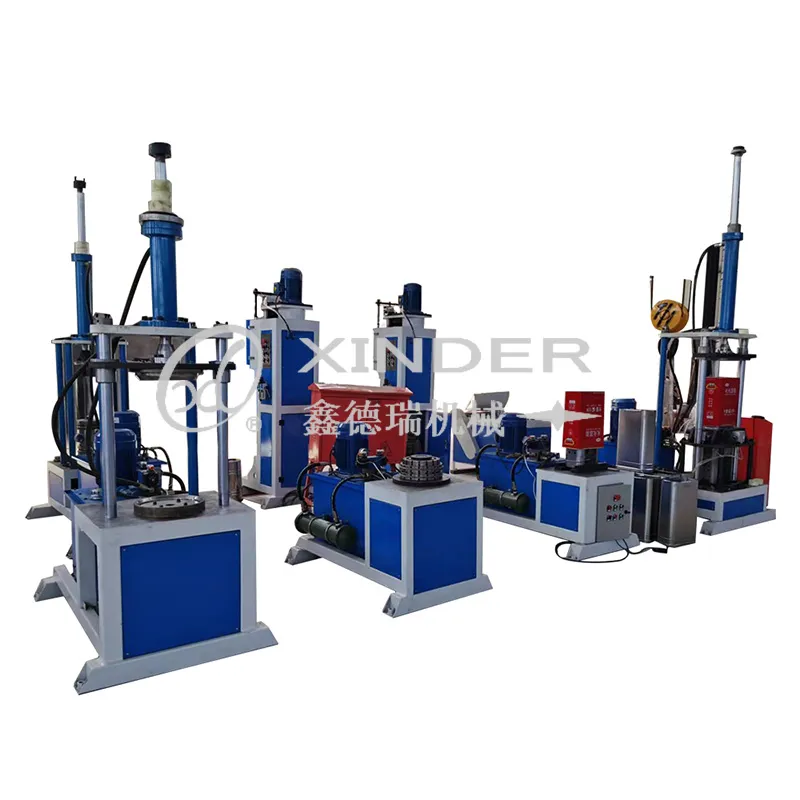-
 8613931787312
8613931787312 -
 Botou Industrial Zone on the east side of National Highway 104, Botou City, Hebei Province
Botou Industrial Zone on the east side of National Highway 104, Botou City, Hebei Province
- Afrikaans
- Albanian
- Amharic
- Arabic
- Armenian
- Azerbaijani
- Basque
- Belarusian
- Bengali
- Bosnian
- Bulgarian
- Catalan
- Cebuano
- Corsican
- Croatian
- Czech
- Danish
- Dutch
- English
- Esperanto
- Estonian
- Finnish
- French
- Frisian
- Galician
- Georgian
- German
- Greek
- Gujarati
- haitian_creole
- hausa
- hawaiian
- Hebrew
- Hindi
- Miao
- Hungarian
- Icelandic
- igbo
- Indonesian
- irish
- Italian
- Japanese
- Javanese
- Kannada
- kazakh
- Khmer
- Rwandese
- Korean
- Kurdish
- Kyrgyz
- Lao
- Latin
- Latvian
- Lithuanian
- Luxembourgish
- Macedonian
- Malgashi
- Malay
- Malayalam
- Maltese
- Maori
- Marathi
- Mongolian
- Myanmar
- Nepali
- Norwegian
- Norwegian
- Occitan
- Pashto
- Persian
- Polish
- Portuguese
- Punjabi
- Romanian
- Russian
- Samoan
- scottish-gaelic
- Serbian
- Sesotho
- Shona
- Sindhi
- Sinhala
- Slovak
- Slovenian
- Somali
- Spanish
- Sundanese
- Swahili
- Swedish
- Tagalog
- Tajik
- Tamil
- Tatar
- Telugu
- Thai
- Turkish
- Turkmen
- Ukrainian
- Urdu
- Uighur
- Uzbek
- Vietnamese
- Welsh
- Bantu
- Yiddish
- Yoruba
- Zulu
Mar . 07, 2025 01:58
Back to list
round cutting machine
Round cutting machines, integral to various industries, epitomize innovation in precision cutting technology. These machines are engineered to deliver precise cuts on a myriad of materials, including metals, plastics, and textiles, which makes them indispensable in manufacturing processes. Their versatility and efficiency enable businesses to enhance productivity and achieve unparalleled accuracy in product creation.
The authority of brands specializing in round cutting machines is frequently established through rigorous testing and quality certifications. Reputable manufacturers subject their machines to extensive testing under varied conditions to validate performance claims. Certifications from globally recognized standards organizations, such as ISO and CE, not only demonstrate compliance with international quality standards but also bolster the machine’s credibility in the market. Trustworthiness in round cutting machines is further reinforced through the provision of comprehensive customer support and after-sales service. Recognizing the substantial investment that these machines represent, manufacturers often offer extensive warranties and service packages. They also provide training programs for operators to ensure proficient handling of the equipment. This commitment to customer satisfaction builds long-term partnerships and reinforces market confidence. In conclusion, round cutting machines are a testament to the fusion of technological innovation and industrial necessity. Through expert design and continual improvements, these machines not only propel manufacturing efficiency but also uphold the highest standards of precision and reliability. For enterprises striving to achieve superior product quality and operational excellence, investing in a high-caliber round cutting machine remains a pivotal decision.


The authority of brands specializing in round cutting machines is frequently established through rigorous testing and quality certifications. Reputable manufacturers subject their machines to extensive testing under varied conditions to validate performance claims. Certifications from globally recognized standards organizations, such as ISO and CE, not only demonstrate compliance with international quality standards but also bolster the machine’s credibility in the market. Trustworthiness in round cutting machines is further reinforced through the provision of comprehensive customer support and after-sales service. Recognizing the substantial investment that these machines represent, manufacturers often offer extensive warranties and service packages. They also provide training programs for operators to ensure proficient handling of the equipment. This commitment to customer satisfaction builds long-term partnerships and reinforces market confidence. In conclusion, round cutting machines are a testament to the fusion of technological innovation and industrial necessity. Through expert design and continual improvements, these machines not only propel manufacturing efficiency but also uphold the highest standards of precision and reliability. For enterprises striving to achieve superior product quality and operational excellence, investing in a high-caliber round cutting machine remains a pivotal decision.
Prev:
Next:
Latest News
-
Understanding Automatic Seam Welding Machines: A Game Changer in Welding TechnologyNewsJul.18,2025
-
Revolutionizing Packaging: The Role of Welding Machines in Steel and Tin Can ManufacturingNewsJul.18,2025
-
Precision in Motion: Exploring Seam Welding Machines for Industrial FabricationNewsJul.18,2025
-
Mastering Precision Bending: A Guide to Tube Benders and Their TypesNewsJul.18,2025
-
Inside the World of Barrel Manufacturing: Machines, Lines, and CostsNewsJul.18,2025
-
Exploring the Technology Behind Elbow Bending Machines in Pipe ManufacturingNewsJul.18,2025
-
Unlocking the Power of Light: Exploring Modern Laser Welding SolutionsNewsJul.15,2025
related products
-
 Pneumatic Handle Welding MachineSep . 13, 2024
Pneumatic Handle Welding MachineSep . 13, 2024 -
 Fully Automatic Kaiping Production LineOct . 17, 2024
Fully Automatic Kaiping Production LineOct . 17, 2024 -
 Fully Automatic Metal Bucket Lifting HeadphonesSep . 14, 2024
Fully Automatic Metal Bucket Lifting HeadphonesSep . 14, 2024

